Investing.com– Most Asian stocks rose on Monday amid some hopes that U.S. President-elect Donald Trump will not adopt an as harsh rhetoric against China as feared when he takes office later in the day.
Regional stocks took a positive lead-in from Wall Street on Friday, as a slew of positive bank earnings and growing hopes of interest rate cuts sparked strong gains in U.S. stocks.
U.S. stock futures were less upbeat in Asian trade on Monday, falling slightly amid some caution over Trump. U.S. markets will also be closed on Monday for Martin Luther King, Jr. Day.
Asia stocks rise amid Trump speculation
Most Asian stocks rose, with Japanese and Hong Kong shares in the lead. Japan’s and indexes rallied 1.5% each, while Hong Kong’s index added 1.6%.
Hopes of a less harsh rhetoric against China grew after Trump did not make any mention of his plans for trade tariffs during a victory lap rally in Washington on Sunday. But the President-elect did reiterate plans to crack down on immigration and to reduce government oversight of domestic companies.
Trump also held a call with Chinese President Xi Jinping last week, spurring hopes that Sino-U.S. relations will improve under the incoming President.
Fox News Digital reported that Trump was planning to sign a record-high number of executive orders when he takes office on Monday, some of which could still include increased trade tariffs against China.
The President-elect had vowed to impose an up to 60% duty on all Chinese imports, while also targeting Mexico and Canada with heightened tariffs.
Such a move stands to potentially disrupt global trade, and bodes poorly for export-driven economies.
Chinese shares rise as PBOC keeps rates unchanged
China’s and indexes rose 0.8% and 0.5%, respectively.
The People’s Bank of China kept its benchmark loan prime rate unchanged as widely expected on Monday, with Beijing seen keeping its stimulus powder dry while seeking more clarity on Trump’s plans for trade tariffs.
China is expected to dole out even more aggressive stimulus measures to offset the economic headwinds from any potential tariff increases. Trump’s tariffs are expected to provide even more pressure on the Chinese economy, as it grapples with persistent disinflation and a prolonged property market crash.
Still, data released last week showed some improvement in China’s economy, after Beijing released its most aggressive round of stimulus measures yet in late-2024.
Chinese markets were also boosted by recent gains in chipmaking stocks, as more U.S. export controls on the sector sparked bets that local foundries will benefit from increased domestic demand.
Broader Asian markets were mostly higher on Monday, although gains were largely limited by caution before Trump. Beyond the U.S. Presidential inauguration, focus this week is also on a string of key economic readings, as well as a Bank of Japan meeting.
Australia’s rose 0.2%, while for India’s index pointed to a mildly positive open, after the index clocked a series of steep losses last week.
Singapore’s index lagged, falling 0.3%, while South Korea’s traded sideways. Any disruptions in global trade stand to significantly impact both economies, given their reliance on exports.


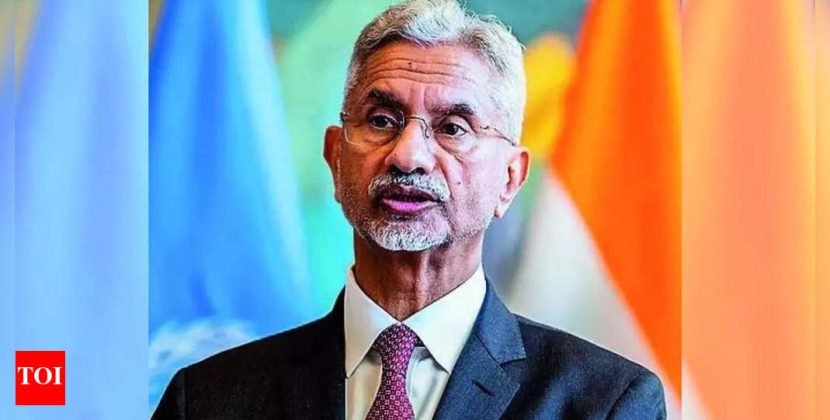
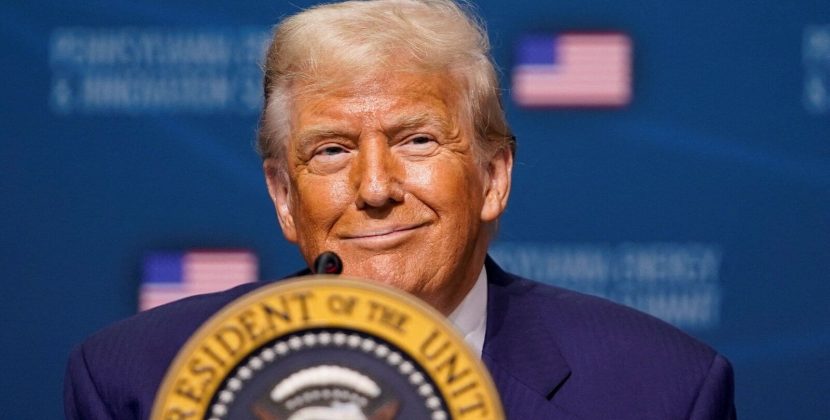





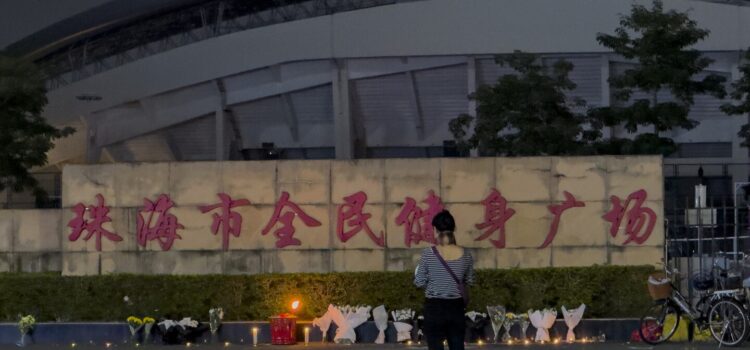
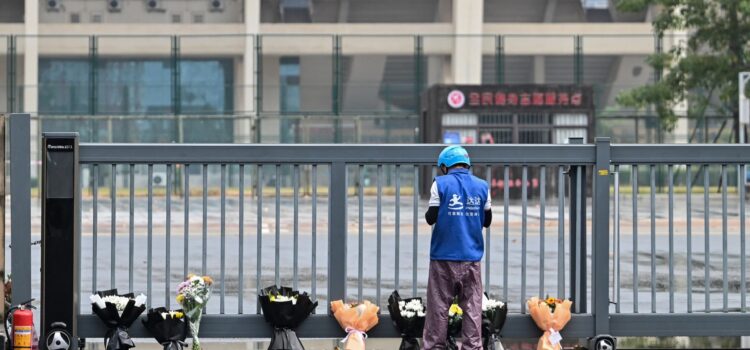
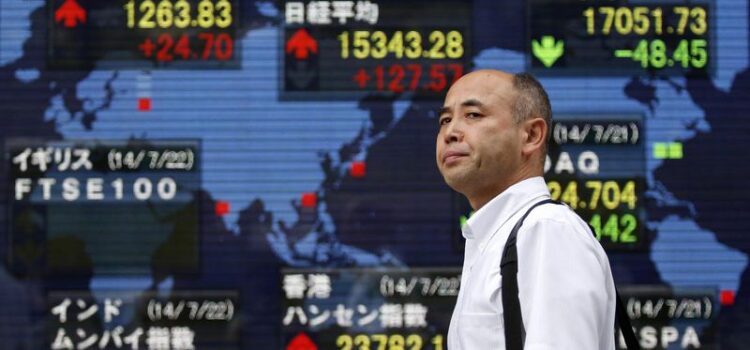


Comments